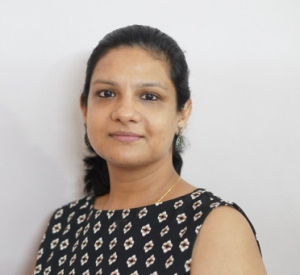Living with Diabetes: -What are the red flags??
Diabetes has been dubbed as the silent killer!
Of all diabetes sufferers, approximately 90% suffer from type II diabetes. It has been quoted as an urban disease and the prevalence has started to increase lately. The everyday stresses of life, sedentary lifestyle, lack of exercise, aberrant eating habits…..…all of these have paved the way to lifestyle disorders like obesity, hypertension, diabetes.
So when should we be alarmed? We need to be careful and watchful of a few symptoms which point towards this dreaded disorder. The only sure-fire way of diagnosing diabetes is getting done or performing a fasting blood sugar levels test.
Recurrent infections, frequent urination, sudden increase in appetite, unquenchable thirst, feeling of numbness or tingling in hands or feet, should prompt us to visit our physician and get tested. Some other symptoms include unusual exhaustion, strange smelling breath, itchiness, vision problems .
A fasting blood sugar level of less than 100mg/dm is considered normal. A fasting blood sugar level between 100 to 125mg/dl is considered is prediabetes. But, if fasting blood sugar level is more than 126mg/dl on more than two occasions, it can be diabetes. A post-prandial blood sugar level more than 200 is also a major red flag.
So, if you have any of these above symptoms, don’t ignore, get yourself tested. It could be diabetes!!
 Dr. Swati Singla
Dr. Swati Singla
Clinical anaesthesiologist and health blog writer
I Have been a practising clinical anaesthesiologist for past 12 years. In all these years, I have come across many surgical patients suffering from with complications of diabetes. The costly treatments were not a complete assurance against these complications. They neither promised 100% cure, recovery or a better quality of life. Interestingly, many of these complications could be delayed or completely avoided. During my peri-operative interaction with these patients, I noticed that they reached this point of no return due to sheer lack of awareness. Hence I developed a keen interest in writing health blogs to spread awareness and information in a simplified way.
